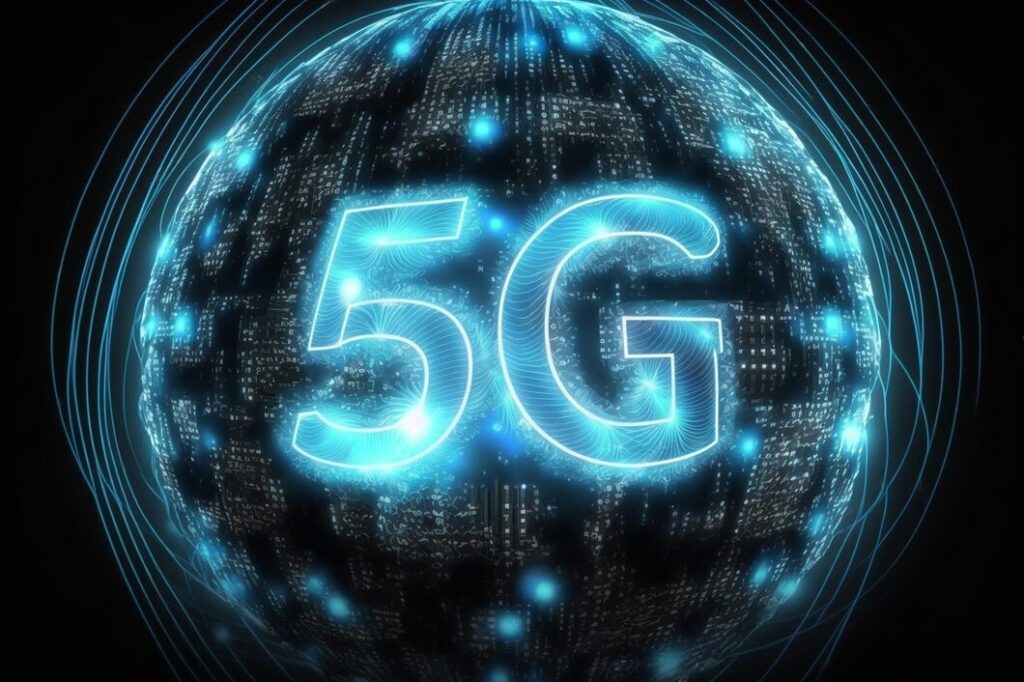In the fast-paced world of technology, innovation is a double-edged sword. While some trends manage to reshape entire industries, others fall short of their lofty promises. Here, we take a closer look at five IT trends that aimed to revolutionize the industry but ultimately missed the mark.
1. Quantum Computing: A Quantum Leap Still in Progress

Quantum computing promised to change the face of computing as we know it, with the potential to solve complex problems at unprecedented speeds. However, while there have been significant advancements in quantum computing research, it remains in the experimental phase. Practical quantum computers are still a distant dream for most organizations. They are incredibly expensive, require extremely cold temperatures to operate, and face challenges related to error correction and scalability. While the potential is immense, it hasn’t yet materialized in the mainstream IT landscape.
2. Blockchain Beyond Cryptocurrency: Slow Adoption
Blockchain technology, famous for underpinning cryptocurrencies like Bitcoin, was hailed as a game-changer for various industries, including supply chain management, healthcare, and finance. However, adoption has been slower than expected.
Scalability issues, energy consumption concerns, and regulatory hurdles have hampered its progress. Many businesses are still exploring use cases and waiting for the technology to mature before fully integrating blockchain into their operations.

3. Virtual Reality (VR) and Augmented Reality (AR): Niche Markets

Virtual Reality and Augmented Reality promised to transform industries such as gaming, healthcare, education, and real estate. While they have found success in some niches, they haven’t yet achieved widespread adoption.
VR headsets remain relatively expensive, limiting their accessibility, and AR applications are still finding their footing. While these technologies hold immense potential, they are currently seen as more of a novelty than a fundamental shift in how we interact with digital content.
4. 5G Connectivity: The Hype vs. Reality
The rollout of 5G networks generated considerable hype, promising lightning-fast internet speeds, lower latency, and support for a massive number of connected devices. While 5G is indeed faster and more capable than its predecessors, the rollout has been uneven, with rural areas often lagging behind.
The full potential of 5G has yet to be realized as applications that truly harness its capabilities are still in development. Additionally, concerns about privacy and security in a hyper-connected world have also tempered enthusiasm.

5. Internet of Things (IoT) Security Concerns

The Internet of Things, with its promise of connecting everyday objects to the internet, has created a vast ecosystem of interconnected devices. While IoT has seen significant growth, security remains a major concern. Many IoT devices lack robust security features, making them vulnerable to cyberattacks. High-profile breaches have highlighted these vulnerabilities, causing hesitation among both consumers and businesses in fully embracing IoT technology. Security measures need to catch up to the rapid proliferation of IoT devices to realize the true potential of this trend.
These IT trends were poised to revolutionize the industry, but they have faced various challenges that have slowed down their adoption and impact. While they haven’t fully met the sky-high expectations set for them, it’s important to note that technology trends often take time to mature and integrate into our daily lives. As these trends continue to evolve and address their shortcomings, they may eventually live up to their transformative potential in the future. Until then, the tech industry will continue to push the boundaries of innovation, seeking the next big breakthrough that could change everything.
An MBA in Information Technology from Westford Uni Online equips professionals with the knowledge and skills to navigate the complexities of emerging IT trends. By studying the intricacies of technologies like quantum computing, blockchain, VR/AR, 5G, and IoT, graduates can understand the challenges and opportunities these trends present. They learn to assess feasibility, address security concerns, and devise strategic implementation plans, helping organizations avoid potential pitfalls highlighted in the blog. With this expertise, MBA graduates can guide businesses in making informed decisions, ultimately ensuring that IT innovations are harnessed effectively to drive success and avoid setbacks in today’s ever-evolving tech landscape.





